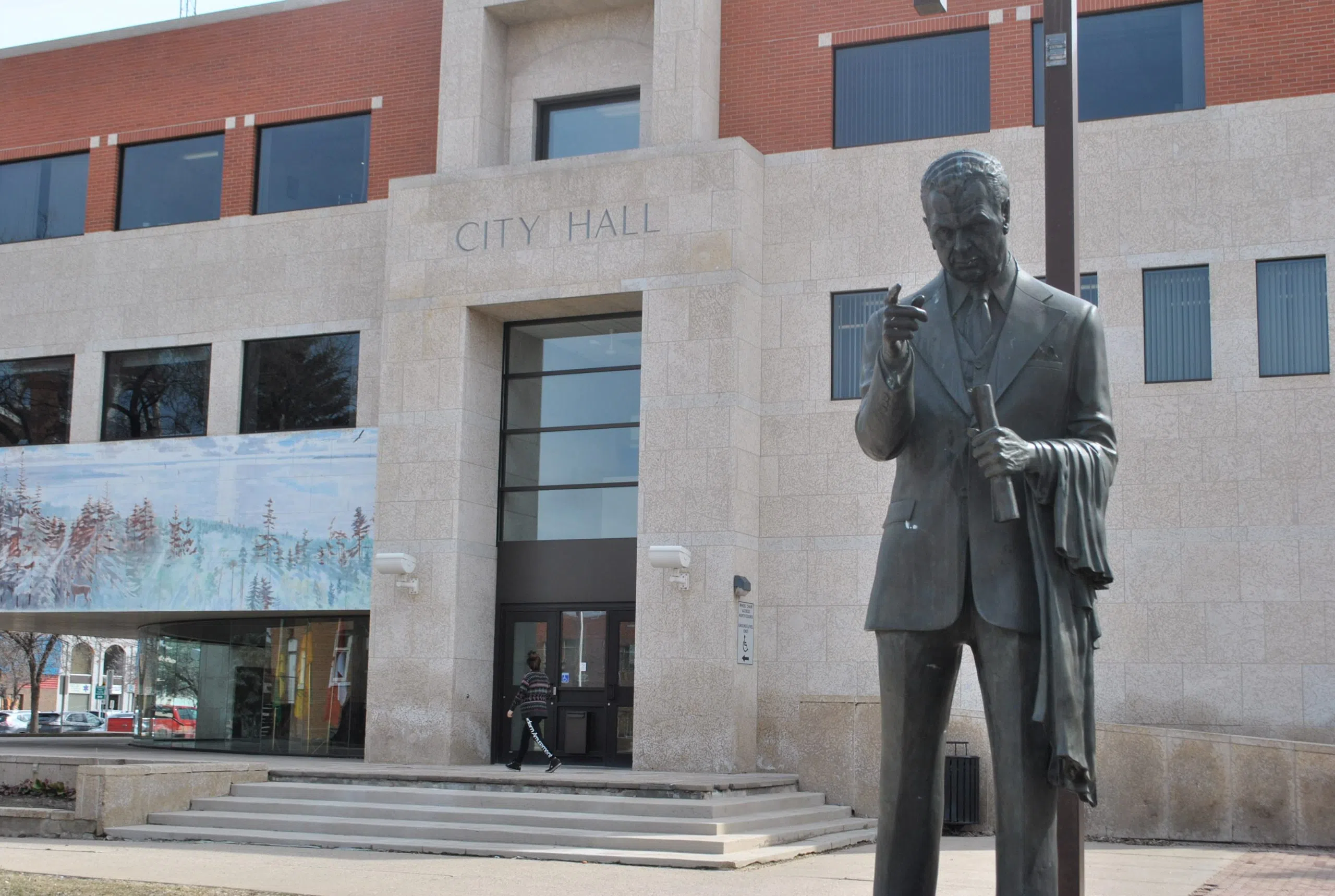
P.A. Chamber calls to protect mom and pop shops following tax report
The Prince Albert Chamber of Commerce is urging the city to significantly lower the commercial tax rate to improve local business following a report from the Canadian Federation of Independent Business (CFIB).
The report, which examined the best and worst property tax gaps in Saskatchewan cities, showed Prince Albert is home to the greatest disparity between residential and commercial tax rates.
On average, across the province, commercial owners pay 2.21 times what residential owners pay in tax. Locally, business owners are on the hook for 3.86 times the tab of residents, before education taxes are factored in.
Chamber CEO Larry Fladager said the city may be pro-commerce but made note recent commercial growth stemmed heavily from big box stores over small businesses.


